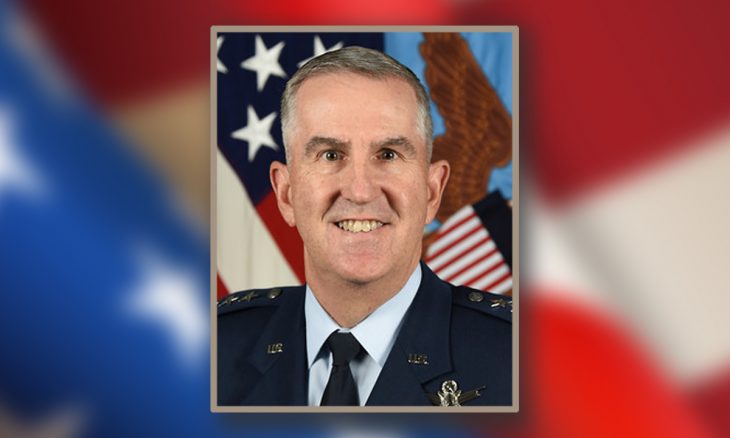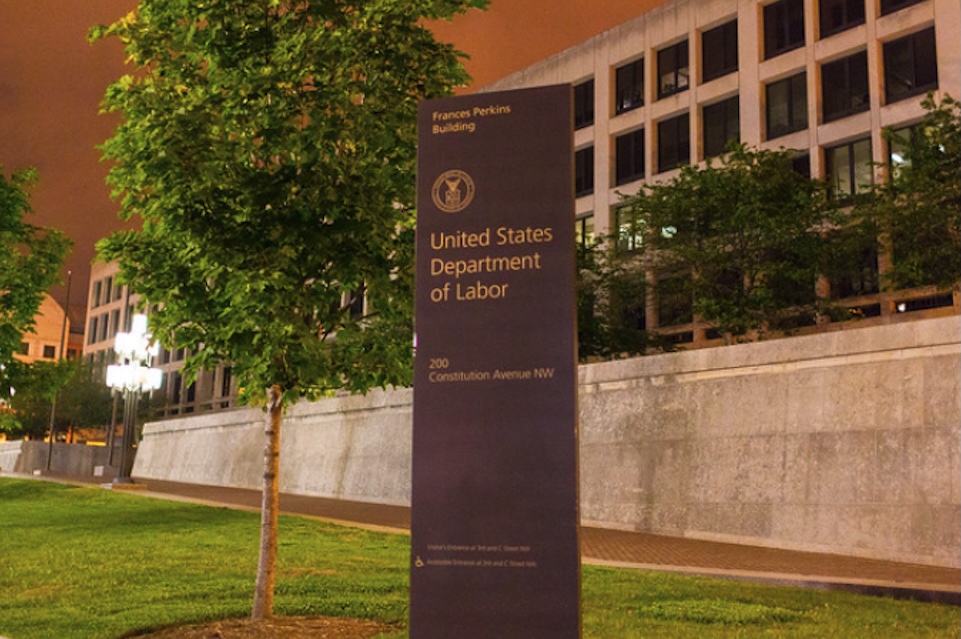General John Hyten, USAF
Vice Chairman, Joint Chiefs of Staff
John E. Hyten attended Harvard University on an Air Force Reserve Officer Training Corps scholarship, graduating with an undergraduate degree in engineering and applied sciences. He was commissioned a second lieutenant. He later earned an MBA from Auburn University and completed or graduated from various educational opportunities afforded him by the military.
He began his Air Force career in engineering and acquisition before transitioning to space operations.
He has commanded at the squadron, group, wing, and major command levels. He deployed to Southwest Asia as Director of Space Force Operations Enduring Freedom and Iraqi Freedom. He commanded Air Force Space Command, and, prior to his current assignment, was the Commander of U.S. Strategic Command.
He has been the Vice Chairman of the Joint Chiefs of Staff at the Pentagon since November 2019.
In the News…
The U.S. military is changing its warfighting strategy after a war game last fall, the Vice Chairman of the Joint Chiefs, General John Hyten said. During the simulated conflict, America’s military strategy “failed miserably” and an enemy “ran rings around” them, he said. The exercise reportedly involved a confrontation with China over Taiwan.
He told the National Defense Industrial Association’s Emerging Technologies Institute, “Without overstating the issue, it failed miserably.”
“An aggressive red team that had been studying the United States for the last 20 years just ran rings around us,” he explained. “They knew exactly what we’re going to do before we did it, and they took advantage of it.
“Imagine what our actual competitors have been doing for the last 20 years, with probably even more focus, with larger numbers,” General Hyten said. “So we had to take a step back and look broadly and say, ‘OK, what did we miss?’” He characterized the situation as “a big problem.”
The exercise demonstrated that the U.S. military cannot take for granted the advantages it has had in the past as it thinks about how best to address higher-end threats from rival powers like China and Russia.
He stressed the importance of making strategic changes, arguing that the stakes are high and that the U.S. military’s warfighting edge over rival powers like China is “shrinking fast.”









